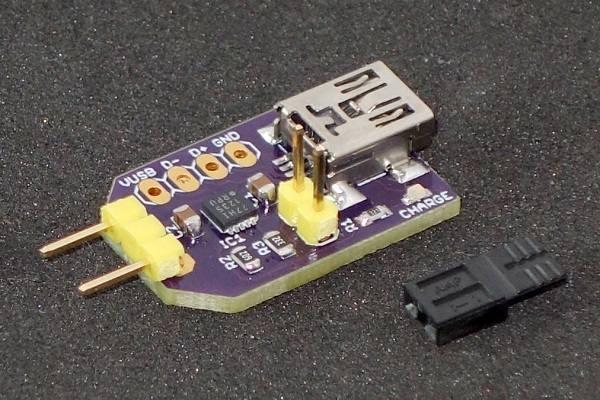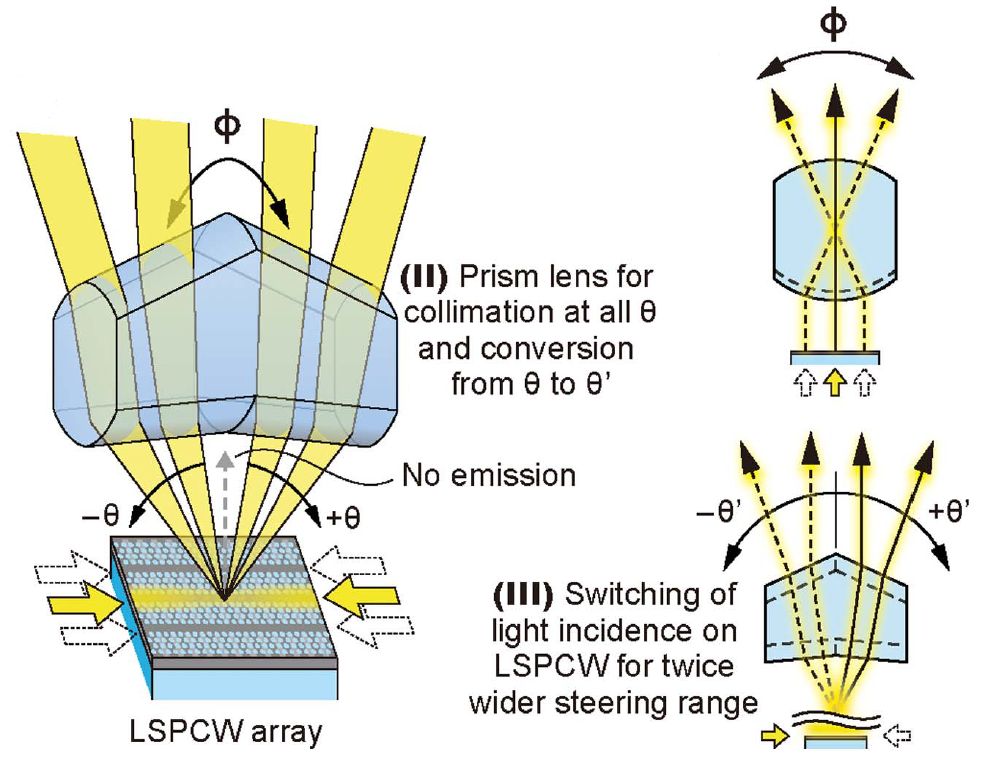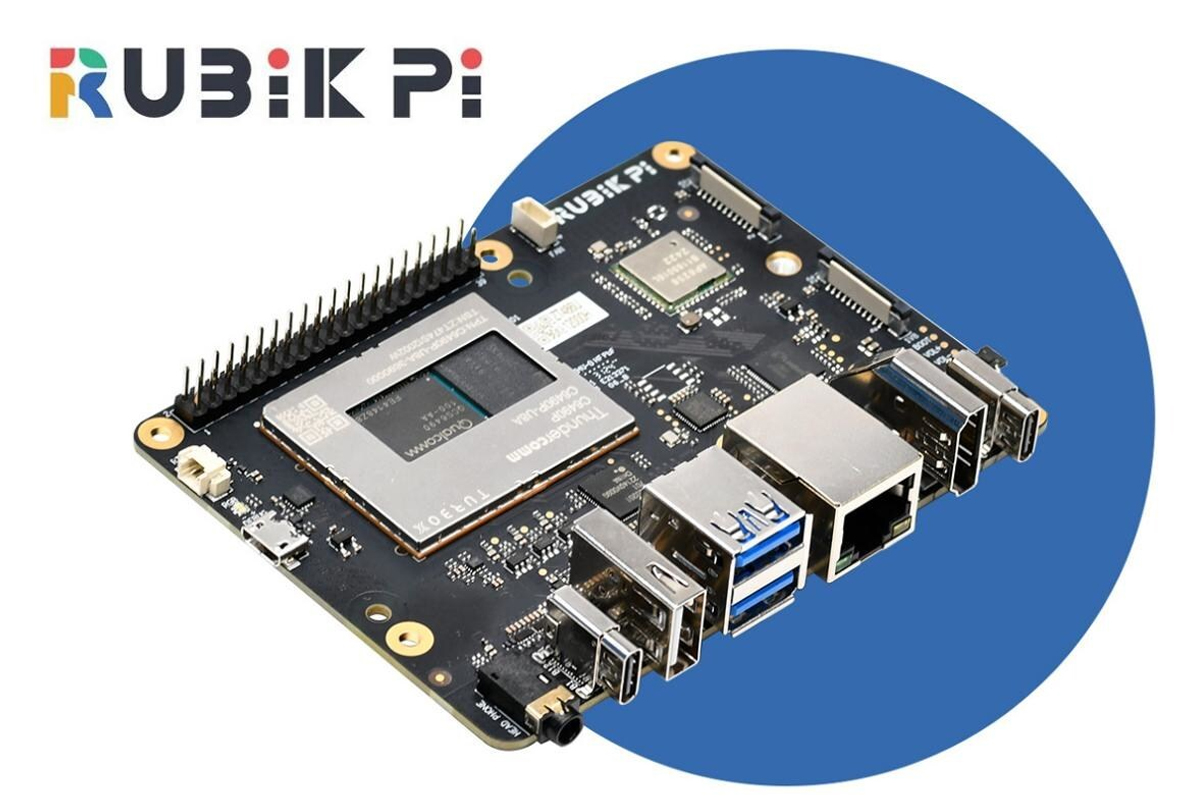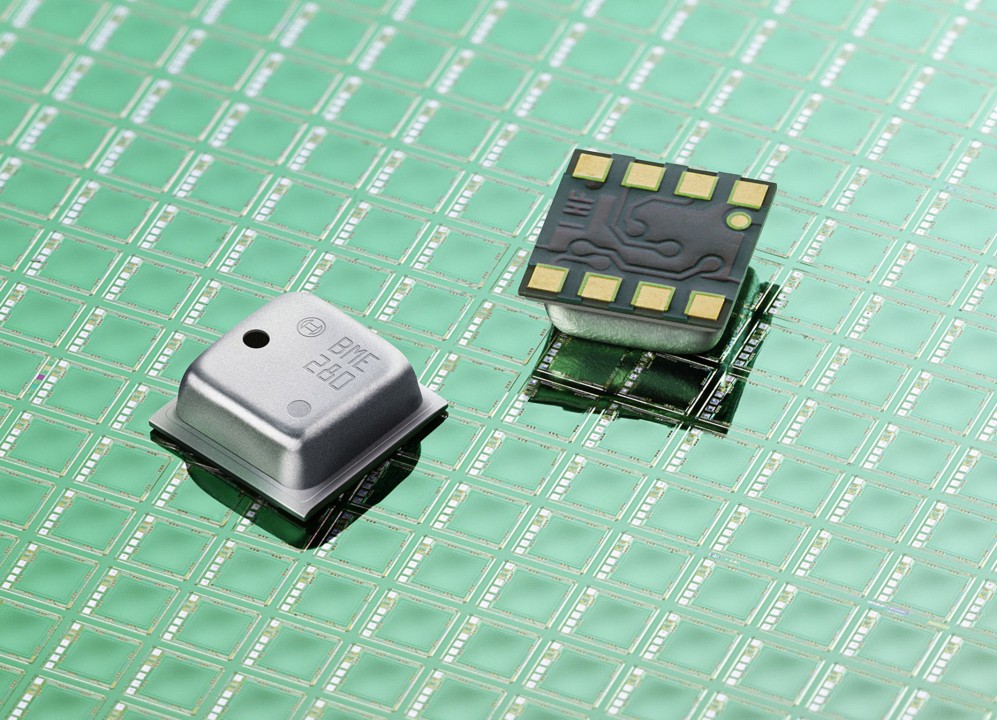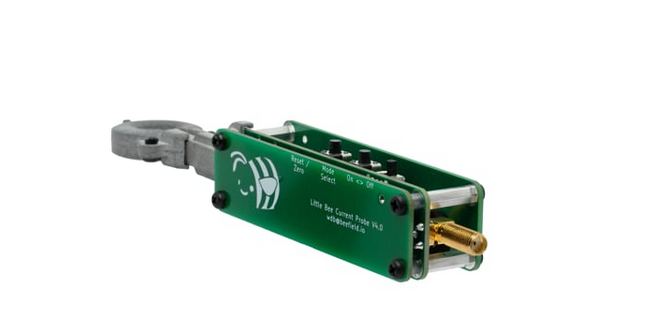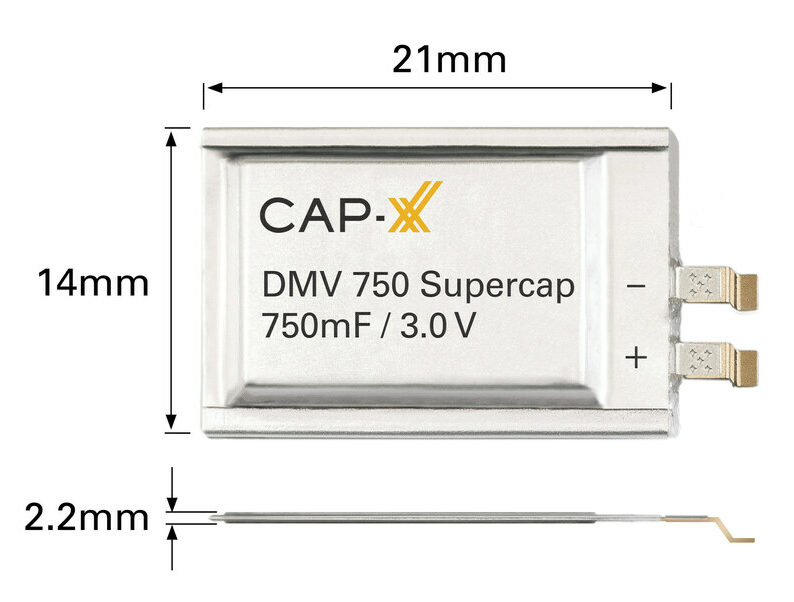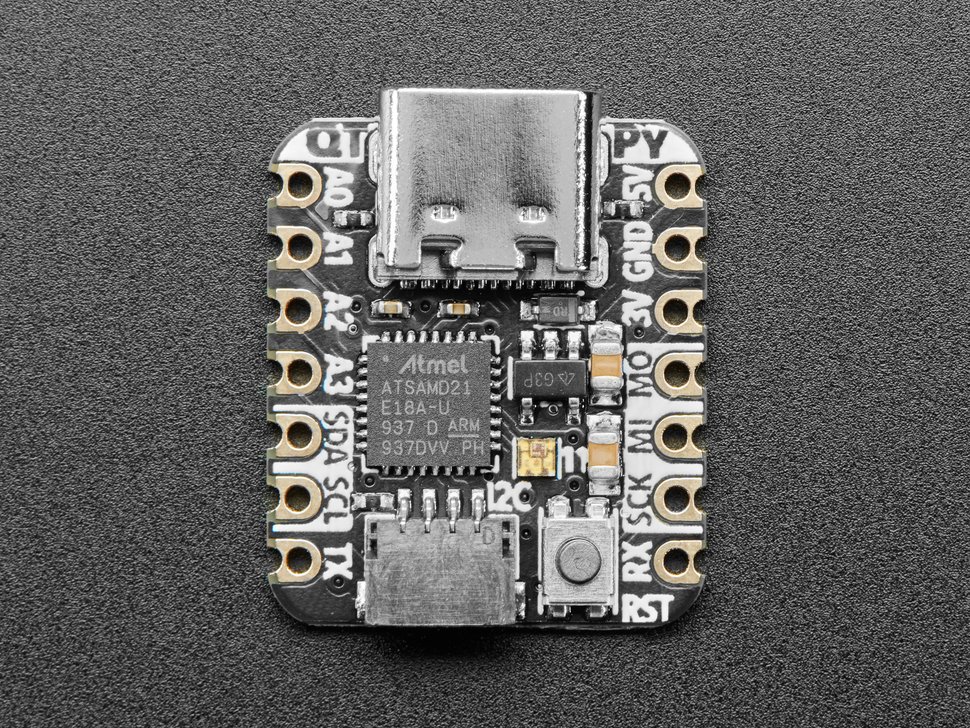
As a maker, you want to have the coolest, smallest, easy to program boards, and on top of that, you want to get good performance, plus a versatile set of features at a cheap price point. So that they fit everywhere and do not break your bank. Well, look no more, as the QT Py promises to deliver this and much, much more!
The QT Py is a diminutive development board produced by Adafruit, using the SAMD21 chip (also found in the popular GEMMA M0 and Trinket M0 boards, also from Adafruit). It comes with the innovative, plug-and-play STEMMA QT connector, which allows you to chain a bunch of compatible peripherals (sensors, LCD’s, among others) into each other easily and control them through the I2C bus, leaving you with a compact, a fuss-free project without needing to touch a soldering iron. Pretty cool, right? It is compatible with a wide collection of peripherals, either from Sparkfun, Adafruit or Grove (requires a small adaptor), they got you covered! This will overall speed up the development of your next idea, making prototypes even easier and smaller.
But regarding specs, what are we looking at? Let’s take a look:
- ATSAMD21E18 processor, based on the 32-bit ARM Cortex-M0+, clocked at 48 MHz with 256 KB Flash and 32 KB RAM memories
- 1x 10-bit analog output, which can be used to play audio clips in Arduino (CircuitPython does not support audio clips storage)
- 9x 12-bit analog inputs, 9x PWM ouputs, 11x GPIO pins
- Hardware I2C (with STEMMA QT plug-and-play connector), SPI, I2S and UART
- 6x Capacitive touch with no additional components required
- 3.3 V regulator with 600 mA peak output
- USB type C connector, on-boad RGB NeoPixel LED and reset button
- Optional SOIC-8 SPI Flash chip on the bottom
- Native USB supported by every OS, can be used as a USB serial console, among other things
- Really small form factor, pinout compatible with Seeed Xiao
Regarding software, the QT Py from Adafruit can be used with Arduino IDE and CircuitPython, making it easy for you to program in your favorite environment. If storage is an issue, there is also a SOIC SPI flash that you can solder onto the bottom pads of the PCB, so you are not limited there.
Regarding the price, you are looking at no more than $6.00 for the QT Py without the optional SPI Flash. If you are looking to expand its memory, they also sell a recommended Flash for an extra $1.25. Currently, both of them are out of stock, so this board is making quite a fuss. What do you think, will you pick it up?
- Adafruit QT Py link: adafruit.com/product/4600
- Adafruit recommended Flash link: https://www.adafruit.com/product/4763





